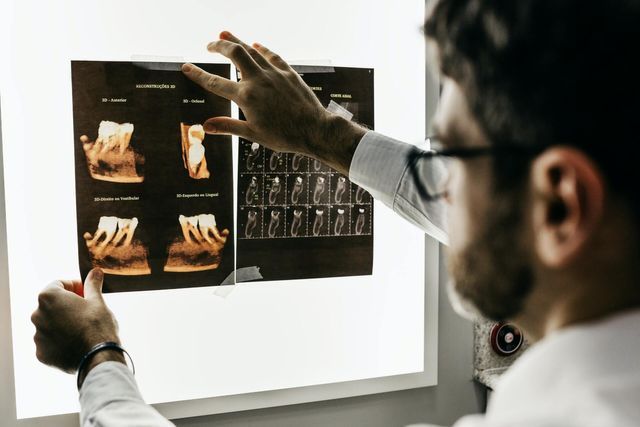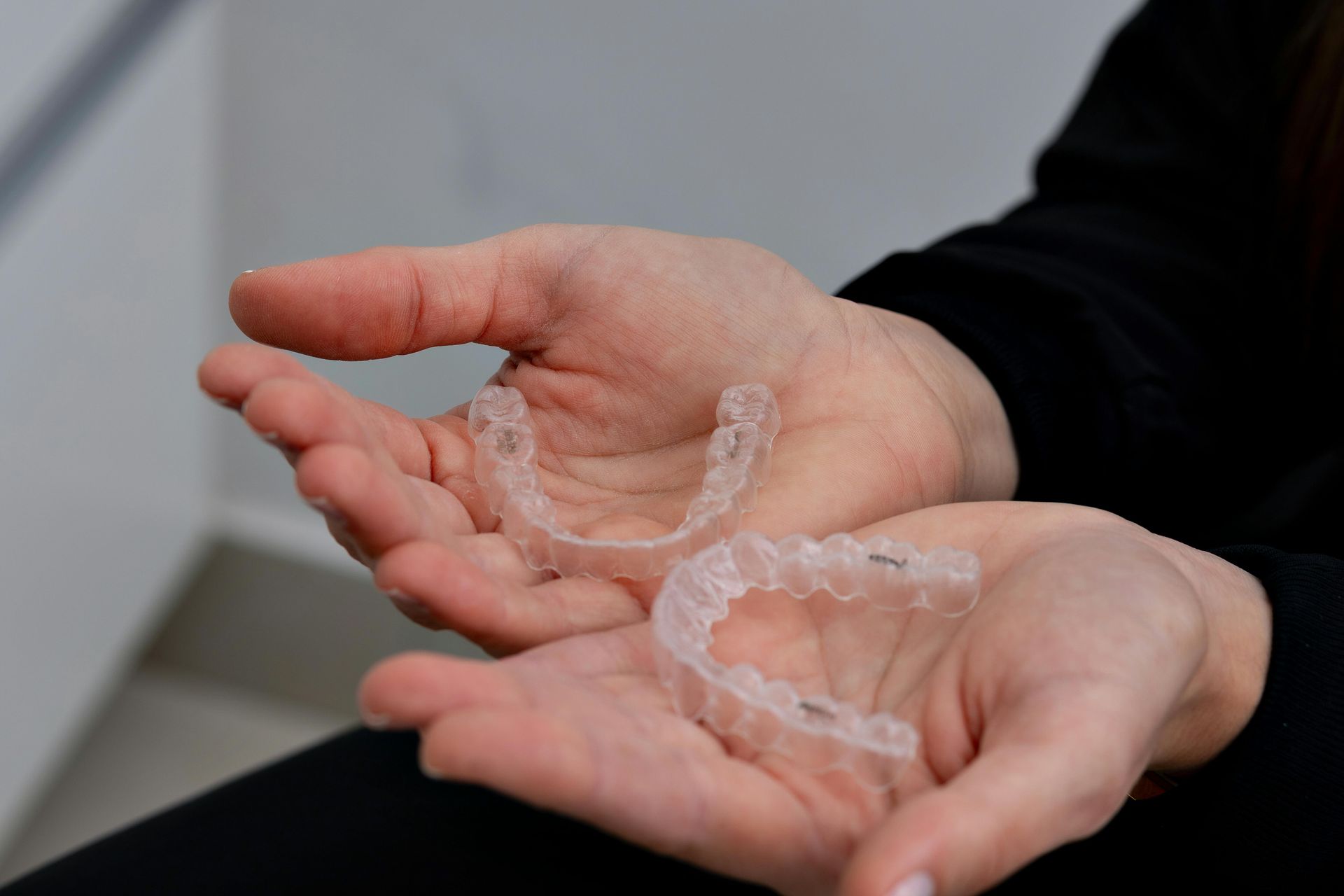Why Do Wisdom Teeth Need to be Extracted?
Wisdom teeth—those pesky latecomers that show up just when you think your dental troubles are over. Why do we even have them? More importantly, why do so many people need to have them removed? In this post, we’ll walk you through the ins and outs of wisdom teeth extraction and give you a clearer understanding of why this common dental procedure is necessary.
If you’re wondering whether you should have yours removed, you’re not alone. Wisdom teeth extraction is one of the most frequent oral surgeries performed. But why is that? Let’s dive in and find out!
What Are Wisdom Teeth and Why Do We Have Them?
Wisdom teeth, also known as third molars, are the last set of molars that typically appear in the late teenage years or early twenties. Evolutionary biology suggests that these teeth were once vital for our ancestors, who had diets consisting of rough foods like roots, nuts, and meats that required more chewing power. However, thanks to modern diets and cooking methods, these teeth are more like dental relics—useful in the past but not so much today.
The Evolutionary History of Wisdom Teeth
Our ancestors' jaws were larger and could accommodate these extra molars without a problem. Today, however, the average human jaw has evolved to be smaller, which often leaves little to no room for wisdom teeth to emerge properly.
Key Reasons We Have Wisdom Teeth:
- Our ancestors needed the extra set of molars to grind down hard, fibrous foods.
- Over time, human diets have softened, making wisdom teeth unnecessary.
- Modern jaw sizes often don’t have enough room for these teeth, leading to complications.
Now that we’ve covered why they exist, let’s move on to why they usually have to go.
Common Issues Caused by Wisdom Teeth
Wisdom teeth might seem harmless at first, but they can cause a laundry list of problems when they don’t come in properly. In most cases, wisdom teeth are impacted—meaning they either don’t fully emerge from the gums or grow in at an angle, putting pressure on surrounding teeth.
Why Impacted Wisdom Teeth Are Problematic
Here’s where things can get a little complicated. Impacted wisdom teeth often come with serious risks:
- Pain: Impacted teeth can cause significant discomfort, especially if they press against adjacent teeth.
- Infections: Partially erupted wisdom teeth create pockets in the gums where bacteria can thrive, leading to infections.
- Damage to Other Teeth: Impacted wisdom teeth can crowd or even damage neighboring teeth, which may result in the need for additional dental work.
- Cysts or Tumors: In rare cases, impacted wisdom teeth can lead to cysts that could harm your jawbone and the surrounding tissue.
Given these risks, many dentists recommend removing wisdom teeth before they cause serious complications. But how do you know if you’re one of the unlucky ones who needs them out?
Signs You Need Your Wisdom Teeth Removed
Not everyone experiences problems with their wisdom teeth, but if you notice any of the following signs, it might be time to visit your dentist:
- Jaw Pain or Stiffness: You may feel an ache or discomfort in the back of your mouth or jaw, especially when chewing.
- Swollen or Bleeding Gums: Impacted wisdom teeth can cause swelling, tenderness, or even infection, leading to gum issues.
- Bad Breath or Unpleasant Taste: A common symptom of infection around the wisdom tooth area is persistent bad breath or an odd taste in your mouth.
- Difficulty Opening Your Mouth: If your wisdom teeth are causing jaw stiffness, this can make it difficult to open your mouth fully.
Ignoring these signs can lead to more serious issues down the road. If you’re experiencing any of these symptoms, it’s time to consult your dentist.
What Happens During Wisdom Teeth Extraction?
The thought of getting wisdom teeth removed might make you cringe, but the procedure itself is typically straightforward. Most patients are in and out of the office within a couple of hours. Here’s what you can expect during the extraction process:
The Extraction Process: Step by Step
- Consultation: Your dentist will take X-rays to determine the position of your wisdom teeth and recommend whether extraction is necessary.
- Anesthesia: You’ll receive either local anesthesia, sedation, or general anesthesia, depending on the complexity of your case.
- The Procedure: The dentist will make a small incision in your gum to access the tooth, remove it, and then stitch the area if necessary.
- Recovery: After the procedure, you’ll likely experience some swelling and discomfort for a few days, but most people recover fully within a week.
Aftercare Tips
To ensure a smooth recovery, follow these simple steps:
- Avoid solid foods for the first 24 hours and stick to soft or liquid-based meals.
- Don’t use a straw for drinking as it can dislodge the blood clot that forms in the socket.
- Use an ice pack to reduce swelling.
- Rest! This isn’t the time to hit the gym or move heavy furniture.
Are There Any Risks to Keeping Wisdom Teeth?
While it’s tempting to put off any dental work, keeping impacted wisdom teeth can lead to serious long-term problems. If left untreated, impacted wisdom teeth can cause:
- Crowded Teeth: Wisdom teeth can push your other teeth out of alignment, potentially ruining any previous orthodontic work.
- Tooth Decay: Due to their position at the back of the mouth, wisdom teeth are harder to clean, making them more prone to cavities.
- Gum Disease: Impacted teeth are often surrounded by inflamed gums, increasing the risk of periodontal disease.
- Damage to Jawbone: Cysts can form around impacted wisdom teeth, leading to bone loss or damage to surrounding teeth.
While some people can keep their wisdom teeth without issue, regular dental checkups are essential for monitoring their development and preventing complications.
When Should Wisdom Teeth Be Extracted?
The best time to have wisdom teeth removed is typically between the ages of 17 and 25, when the roots are still forming and the bone surrounding the teeth is less dense. Younger patients generally heal faster and experience fewer complications than older adults.
Factors Dentists Consider for Timing
- Age: The younger you are, the easier the recovery.
- Position: If the teeth are severely impacted or angled, early removal can prevent complications.
- Symptoms: If you’re already experiencing discomfort, swelling, or infection, your dentist may recommend immediate extraction.
Still on the fence about whether to have your wisdom teeth removed? Let’s address a few of the most common questions.
Ready for Your Wisdom Teeth Removal in Lubbock, TX? Call Frankford Dental Group!
If you're experiencing discomfort or suspect your wisdom teeth are causing trouble, it’s time to take action. At Frankford Dental Group, we specialize in professional tooth extractions in Lubbock, TX, and the surrounding areas. Our experienced team is here to make the process as smooth and pain-free as possible.
Don't let impacted wisdom teeth cause more damage—contact Frankford Dental Group today at
(806) 587-5070. Whether you need a consultation or are ready for surgery, we’re here to help. Beyond extractions, we also offer a variety of
dental services, including Invisalign, dental implants, dentures, cleanings, exams, and more. Let us take care of your dental needs so you can get back to smiling confidently!
FAQs
-
Do all wisdom teeth need to be removed?
No, some people can keep their wisdom teeth without any problems. However, most people will experience issues like impaction, pain, or infection, leading dentists to recommend extraction.
-
Is wisdom teeth removal painful?
The procedure itself isn’t painful because anesthesia is used. You may feel some discomfort during recovery, but pain management options like over-the-counter pain relievers can help.
-
How long does it take to recover from wisdom teeth extraction?
Most people recover within a week. Swelling and discomfort typically peak within the first 48 hours and gradually subside.
-
Can I go back to work or school the day after surgery?
It’s best to rest for at least 48 hours after the procedure. Most people can return to their normal activities within 2-3 days.
-
What are dry sockets and how can I prevent them?
A dry socket occurs when the blood clot that forms after extraction becomes dislodged. You can prevent this by avoiding straws, smoking, and spitting forcefully during recovery.
Blog
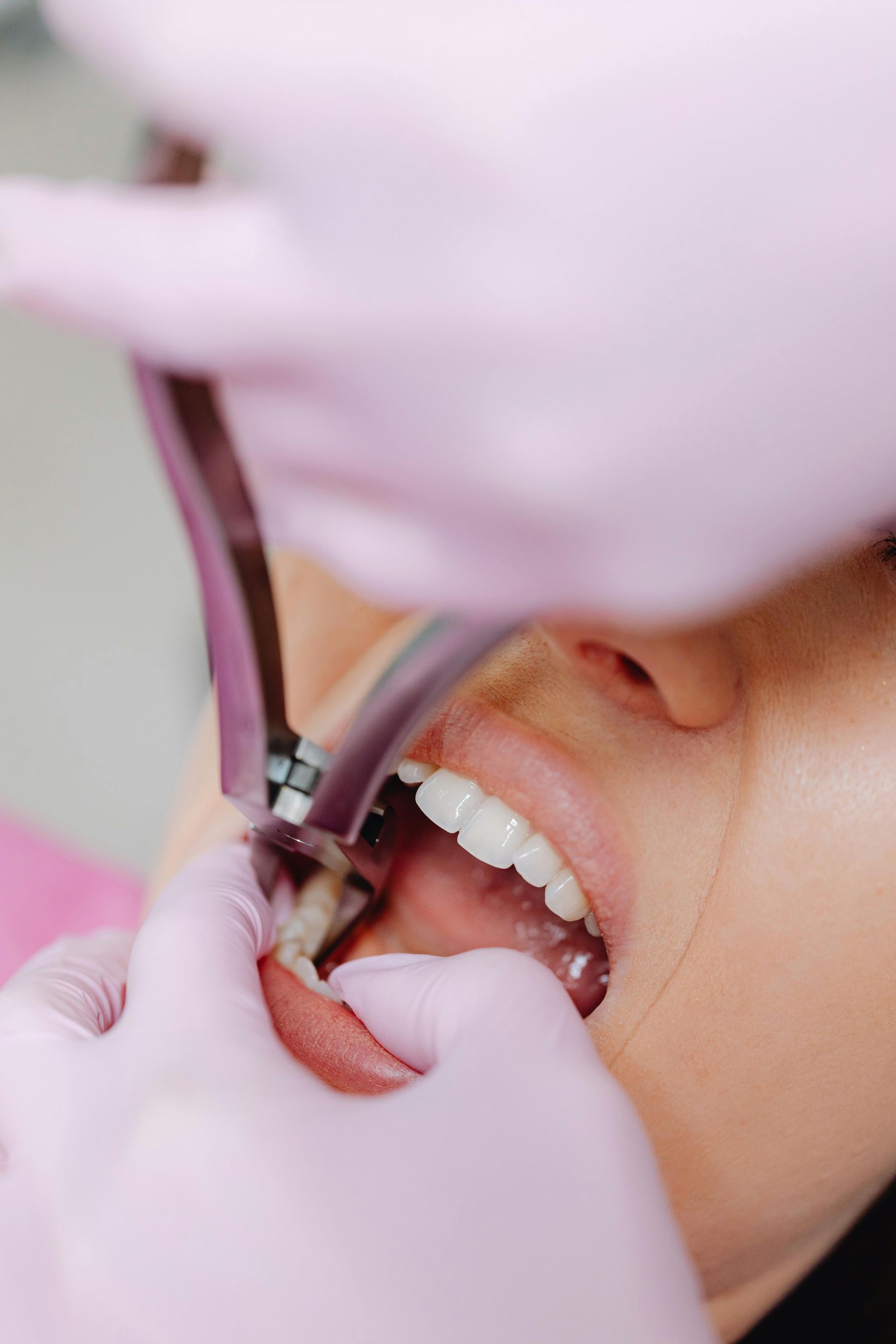
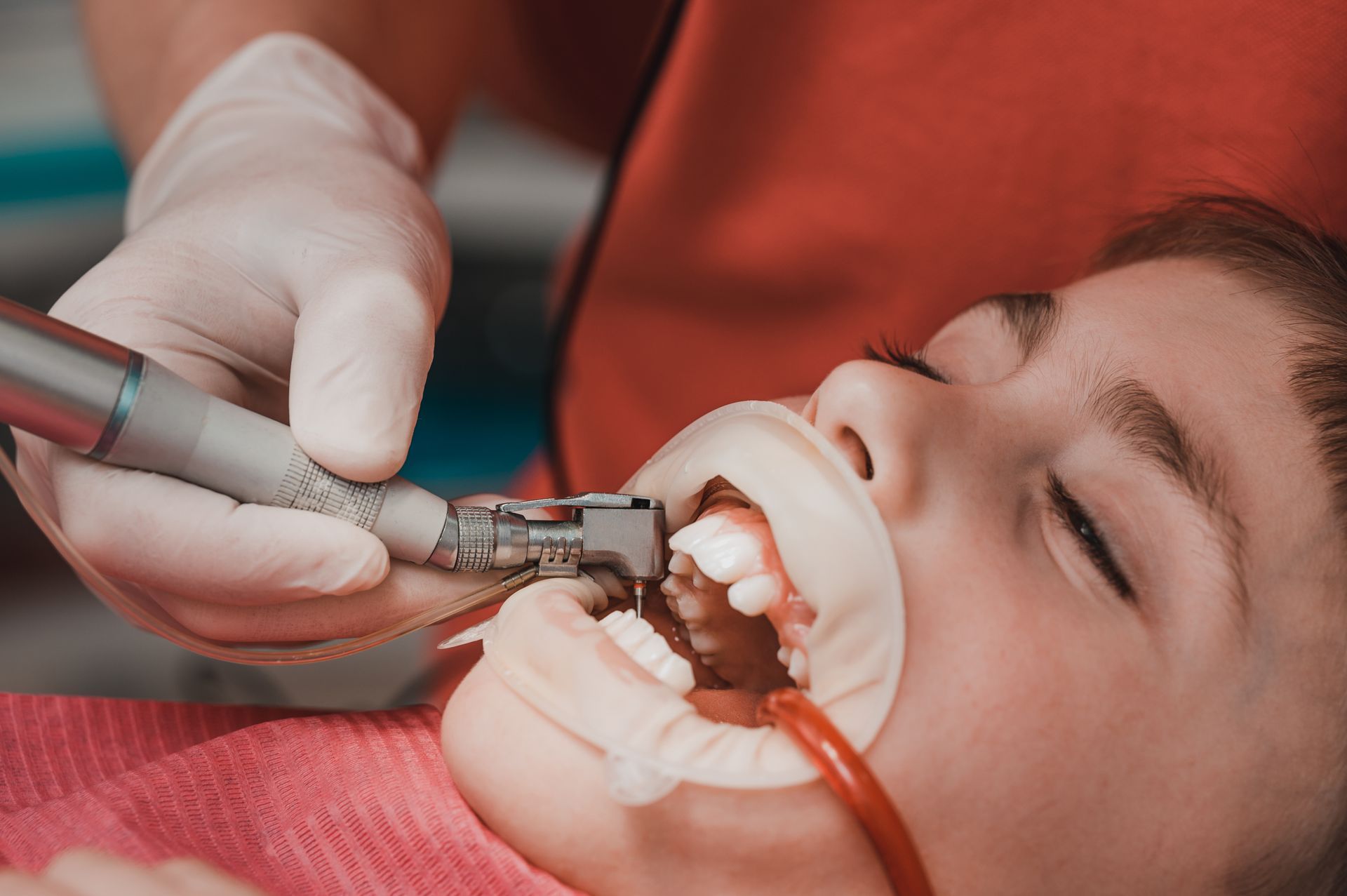

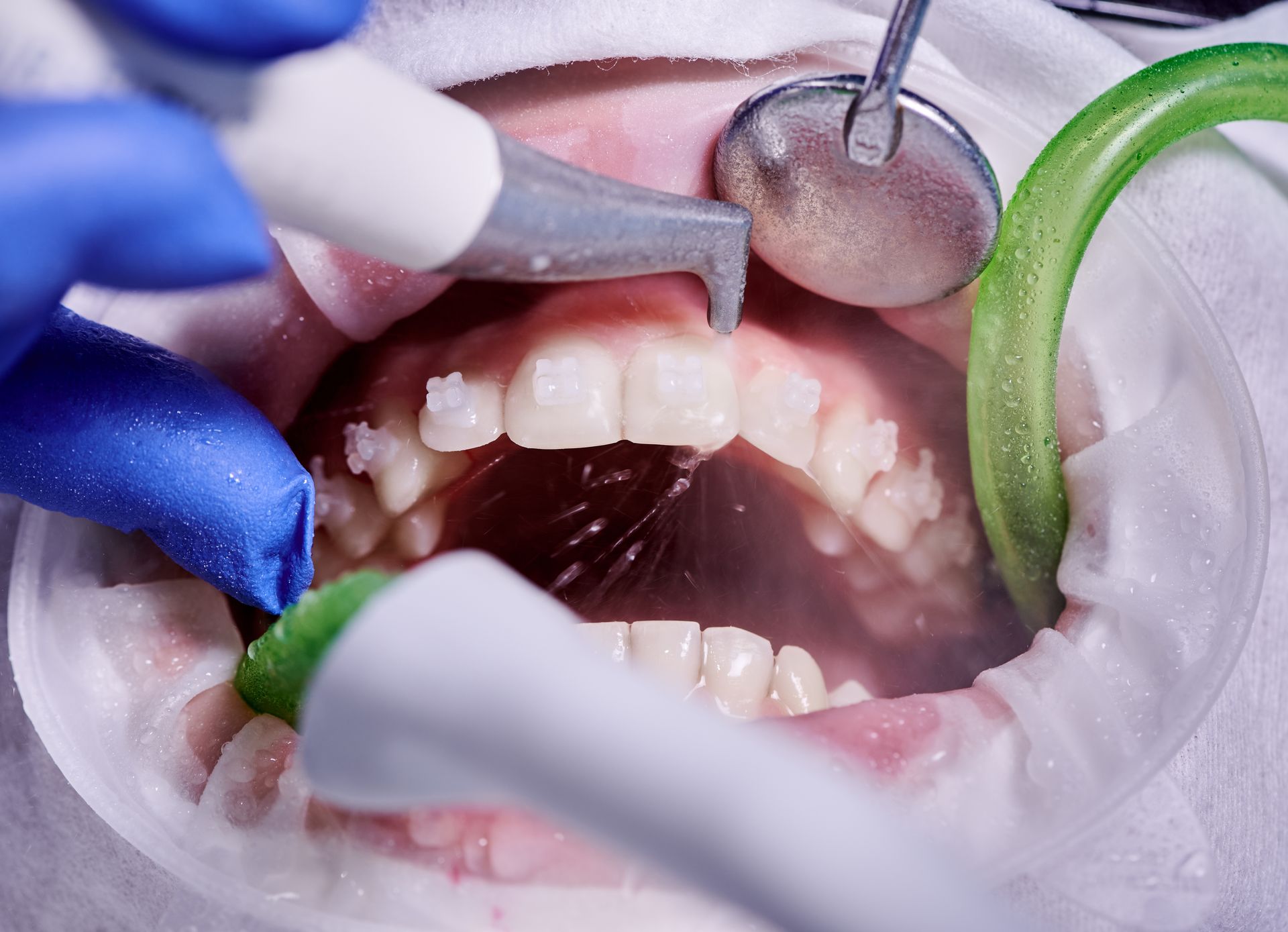
Quick Links
Contact Info
Phone: (806) 587-5070
Email: office@fdglubbock.com
Address: 5730 66th St,
Lubbock, TX, United States
Business Hours:
Mon - Fri 9am - 5pm
Available after hours by appointment.
Copyright. Frankford Dental Group. All Rights Reserved.

